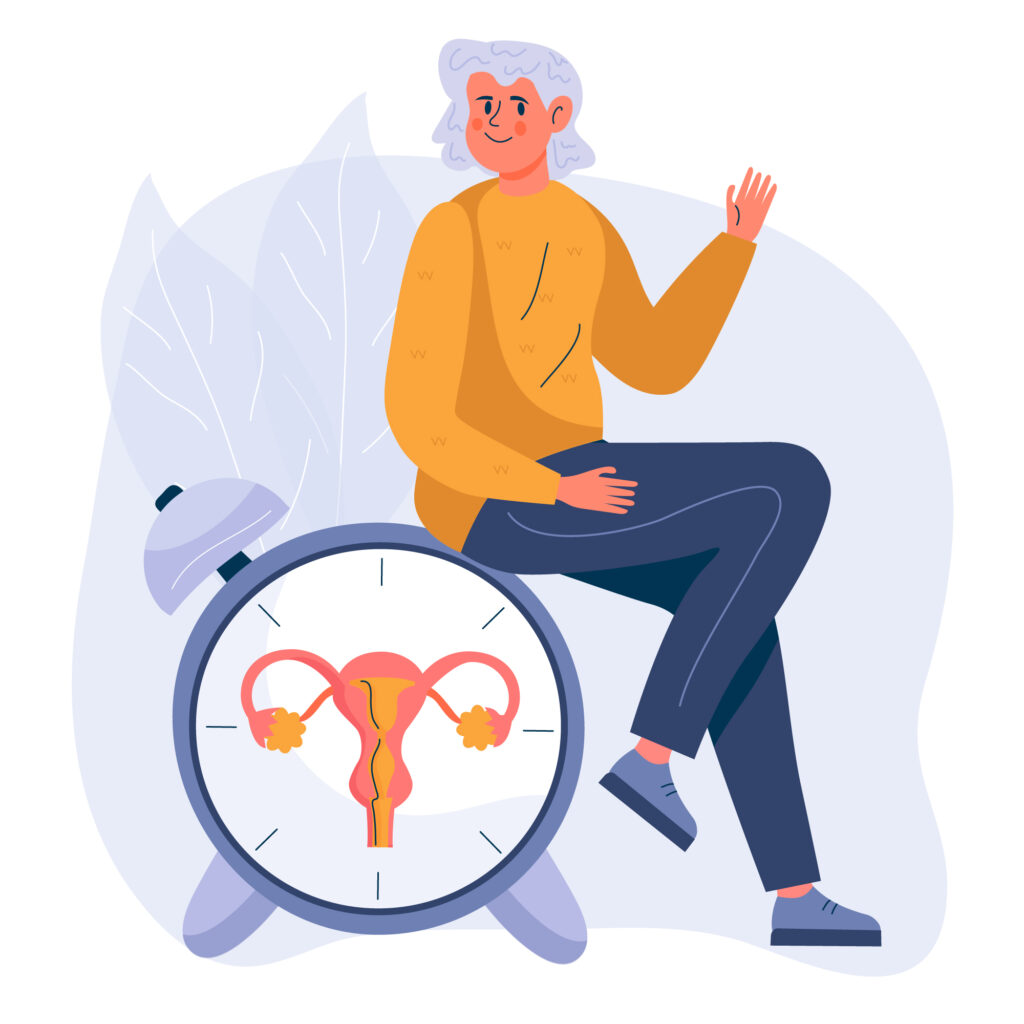IVF is a very common and popular fertility treatment for couples who are unable to conceive a child on their own. The treatment usually has a high rate of success, but this is not for all couples.
Fertility in women declines with increasing age. With the deferment of marriage and childbearing, couples are turning to assisted reproductive technology to counteract this decline. In this article, we aim to throw light on the impact of age on fertility treatments like IVF or ICSI.
Understanding the role of Age
Understanding the role of age is very important when it comes to fertility and considering different aspects of life, especially health, fertility, and productivity. Age significantly influences the capabilities of physical and mental capabilities, with various functions occurring at certain stages and declining for others. In terms of fertility, the women’s conceiving ability decreases with the increase in their age, with the most fertile years being in their twenties and early thirties. Similarly, men’s fertility also decreases slowly. The impact of age affects not only biological functions but also social and economic roles. People of different ages may take on different roles and responsibilities and can face challenges, which makes it essential to recognize and address the different effects of aging across the lifespan.
IVF Success Rates Depending on Age
IVF success rates differ depending on women’s ages. Younger women, under 35, can have higher success rates with IVF. Surveys from different fertility clinics and consistent research studies show that women who are under the age of 35 have higher success rates with IVF. They often see success rates of 40–50% per cycle. As women get older, these rates decline. of 35-37 age might have success rates of 30-40% while those aged 38-40 see around 20-25% success rate. For women aged 41–42, success rates drop to 10–15% per cycle, and beyond age 42, success rates are less than 5%. These age-related declining fertility rates are mainly due to decreases in egg quantity and quality. Understanding all these factors can help couples make informed decisions about their fertility treatment options.
Treatment Alternatives for People of Old Age
As people get older, fertility becomes a big concern, but there are some valuable solutions that will help in achieving fertility. One option is using donor eggs or embryos. Donor egg IVF includes fertilizing sperm with a donar egg, either from the father or donated sperm, and the resulting embryo is then transferred to the recipient’s uterus. This method has a higher rate of success than using a woman’s own eggs, which makes it attractive for older ones or those with lower egg fertility. It is a promising option for those who are looking to increase their fertility chances with a successful pregnancy through IVF.
Age and Male Fertility
Most of the focus on age and fertility has involved women. It is important to realize that age impacts the fertility of males and females both. Although men do not face the decline in fertility with advancing years as women do, advanced paternal age, usually taken as over 40, has been linked with decreasing sperm quality and an increase in the risk of genetic abnormalities in the child. For couples undergoing IVF, the age of both partners can influence treatment outcomes and overall success rates.
Age influences both the success of IVF treatments and the available options. Younger people generally have higher success rates with IVF, while older ones can still conceive and achieve success with proper treatment and support from experienced fertility specialists. Understanding how age impacts fertility and IVF results is important for making informed decisions about family planning. If you are considering IVF or need any guidance from the best fertility expert, Dr. Chandini Chinta in Hyderabad, India, has great and successful experience in IVF treatment and can provide personalized advice that will satisfy your needs and problems, Her expertise can be invaluable in navigating the complexities of reproductive health and making the best choices for building a family.

